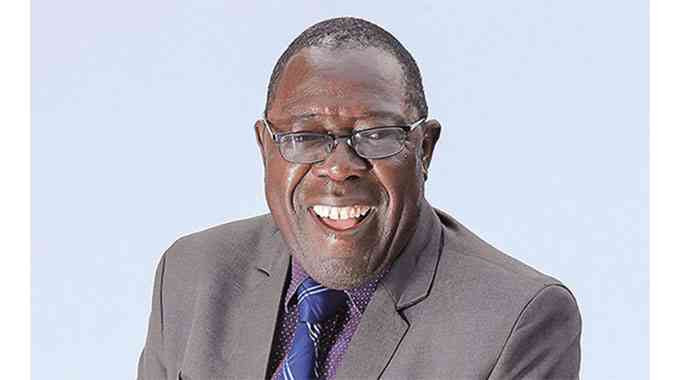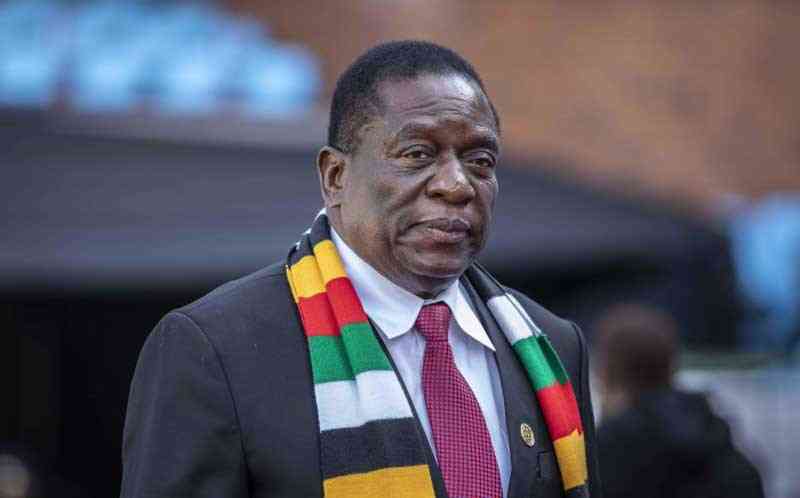BY SYDNEY KAWADZA Zimbabweans seeking temporary permits to stay legally in South Africa are accusing the neighbouring country’s government of running a well-orchestrated fund-raising scheme to cream foreigners, who have to date contributed approximately R400 million (US$24 million) to the country’s coffers.
This emerged in the High Court of South Africa Gauteng Division in Pretoria in the case between the African Amity NPC, Zimbabwe Exemption Permit Holders Association (ZEPH) and others who are challenging the South African government’s decision to cancel the permits.
The ZEP holders described the exemption processes as a fraud being committed by a host country over nationals from neighbouring countries.
The South African government in November last year, cancelled all permits held by the Zimbabweans with a cabinet resolution indicating that the immigrants would have up to December 2022 to either, apply for other visas or face imminent deportation.
The ZEP holders, who are suing South African President Cyril Ramaphosa, Home Affairs minister Aaron Motsoaledi, his director-general Livhuwani Tommy Makhode and the entire Cabinet, revealed the figures while responding to the Department of Home Affairs’ answering affidavit filed at the same courts.
Motsoaledi is the first respondent in the case while Makhode is the second respondent with Ramaphosa and his Cabinet as the third and fourth respondents respectively.
Motsoaledi and Makhode had told the courts that the Department of Home Affairs had requested R145 million for a special project of granting exemptions but received R15 million to deal with the exemption process for Sadc nationals.
In her replying affidavit, Sandra Chinyanya, a member of the ZEPH, said the submission by the government officials was clear that an exemption to Sadc nationals was financially unsustainable.
“The respondents have failed to answer the fact that the applicants for the ZEP were required to pay them money whether their exemptions were successful or not,” Chinyanya argued.
“In the case of the ZSP (Zimbabwe Special Permits), the applicants paid R890,00.
“In the case of the ZEP, the applicants had to pay R1 090,00.
“This suggests that an estimated R178 million (calculated by about 200 000 holders paying R890.00) and R196,2 million (calculated by 180 000 holders paying R1 090) from successful exemption applications alone.”
Chinyanya submitted that the money received from unsuccessful applications remained unknown while indicating that the amount did not indicate how much the ZEP holders contributed in taxes in the last 12 years.
“The amount the respondents received from ZEP holders far exceeds the amount they claimed from national treasury for exemptions,” she said, adding that Motsoaledi and Makhode did not dispute the amount that the ZEP holders paid while ignoring taxes revenues they contributed to fiscus.
“This fact, together with the allegations of corruption in the Zondo Commission, which proved corrupt money being made by State officials from migration, begs the question of what happened to the total estimated amount of R374 million successful exemption holders paid for their permits, and why respondents approached national treasury, to begin with.
“It is submitted that the respondents are financially exploiting ZEP holders.
“It is the largest case of fraud and theft ever committed by the government of one country over nationals of its neighbouring country in African history,” she said.
Chinyanya also dismissed as far-fetched the South African government’s argument that there was an influx of asylum seekers from the Sadc regions, with the majority Zimbabwe, making up 1 000 per day.
“The respondents conveniently do not mention the money that the applicants for successive permits paid to the government because that would disturb the narrative that the exemptions cost, when in fact they were paid for by the holders of applicants of successive permits regardless of whether they were successful,” she argued.
Speaking to The Standard from his Johannesburg base, the ZEP holder›s lawyer Advocate Simba Chitando said it was not a secret that South Africa has been exploiting Zimbabweans with impunity.
“The exploitation is now out of control. They have collected hundreds of millions of Rands in exemption applications, both successful and unsuccessful, all the funds are unaccounted for,” Chitando said.
“The evidence from the Zondo Commission suggests that the money was stolen.
“In the court papers, they claim that they cannot afford the R146 million for the ZEP, with no explanation of what happened to under R400 million the holders have already paid.
“This is the biggest graft by one government over the citizens of another country, and it has continued to happen because of a one-sided romance between the two ruling parties. It cannot go on any further.”
Chitando has been attacked on various occasions for representing Zimbabweans in South Africa who are advocating for permanent residency permits after staying in the neighbouring country for more than 10 years.





